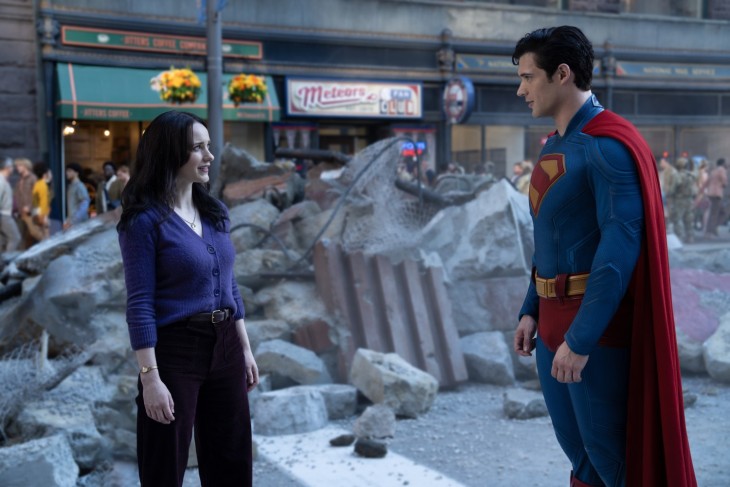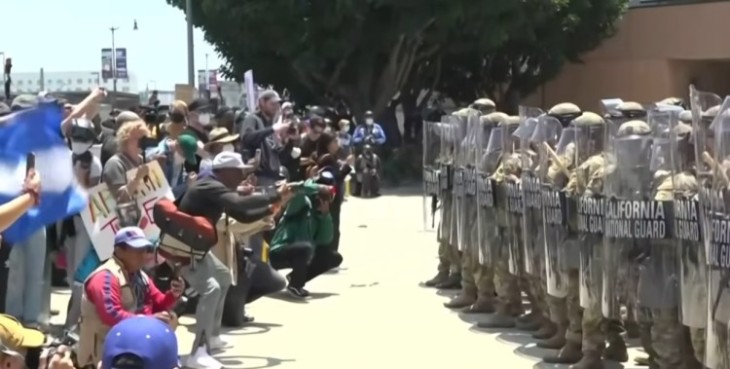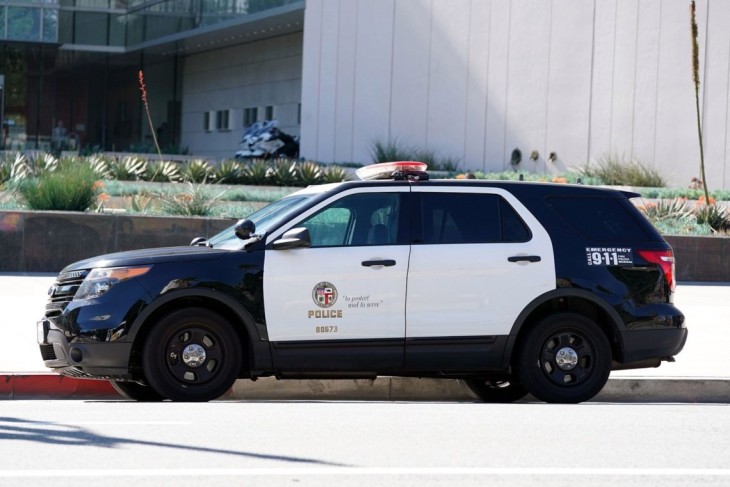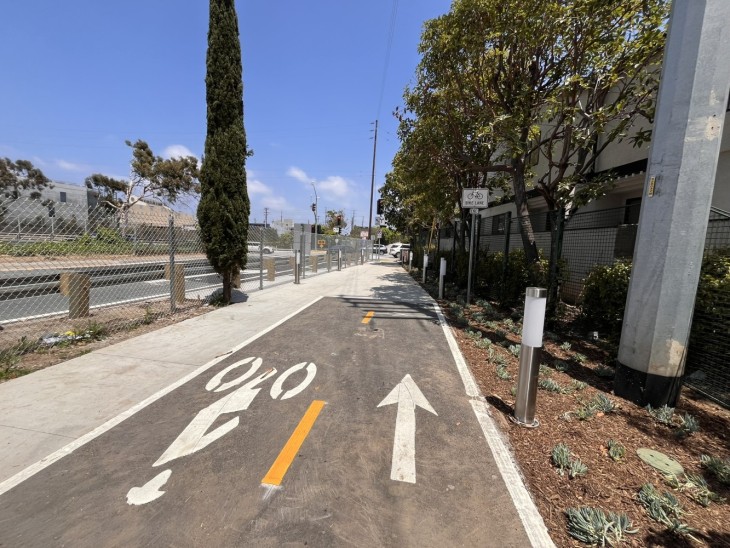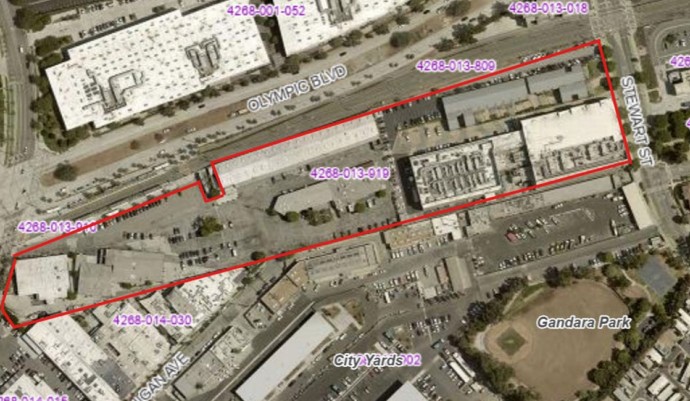The City of Santa Monica has almost reached the proverbial light at the end of the tunnel when it comes to finding out whether its Redevelopment Agency (RDA) will remain intact or disappear entirely.
The decision, which should be made within the next eight weeks, comes after months of tussling with Sacramento after Gov. Jerry Brown carried out his promise to enact legislation to eliminate RDAs across California. The future of Santa Monica’s Redevelopment Agency now rests in the hands of the state’s Supreme Court justices.
The California Supreme Court heard oral arguments on Nov. 10 in a lawsuit filed against the state by the California RDA and several municipalities to prevent Sacramento from cutting off redevelopment money to the cities.
In all, the existences of 400 redevelopment agencies across California are at stake.
Housing and Economic Development Director Andy Agle told The Mirror that a decision isn’t expected until mid-January.
While a decision may come sooner, the state’s justices will be deliberating whether two pieces of signed legislation – AB1x26 and AB1x27 – are constitutional.
These effectively eliminate RDAs unless a municipality, such as the City of Santa Monica, makes a payment in the amount of tens of millions to the state.
On the one side, the conglomerate of municipalities, led in the courtroom by California RDA lead counsel Steven Mayer and Santa Clara County Deputy County Counsel James Williams, urged justices to repeal the twin bills signed into law based upon Proposition 22.
Last November, voters approved Proposition 22, a measure that aimed at shielding local government funding from the state; the measure garnered about 61 percent of the vote.
On the other side was Deputy Attorney General Ross Moody, the state’s counsel who countered that Sacramento may still dictate how RDAs are governed despite Proposition 22. Specifically, he argued that the language of the measure prevents Sacramento from forcibly making payments in exchange for keeping RDAs in tact.
Accordingly, Moody said the fact that AB1x27 states any payments made to the state are to be “voluntary,” the legislation cannot be unconstitutional.
As for what would happen should AB1x26 and AB1x27 both be upheld, Agle said City Hall would carry out an ordinance council members adopted in August allowing the RDA to continue its operation.
The signing of AB1x27 would only allow the City to continue operating the RDA if “it agrees to pay the remittance amount determined due by the State Department of Finance to the County Auditor-Controller.”
If the justices strike down the pair of signed bills, City Hall will not be making any payments to Sacramento.
Either way, the decision handed down will be the final and cannot be appealed in federal court. The matter is strictly a state question and the federal courts do not have jurisdiction to hear the issue.
The Supreme Court case came to a tee last week almost a year after Brown sought to resolve Sacramento’s budgetary issues by stifling local RDAs. In June, he signed into law AB1x26 and AB1x27. Several groups, including California League of Cities and California RDA, followed up with a lawsuit challenging the constitutionality of both bills. The suit also requested a stay of implementation of legislation.




